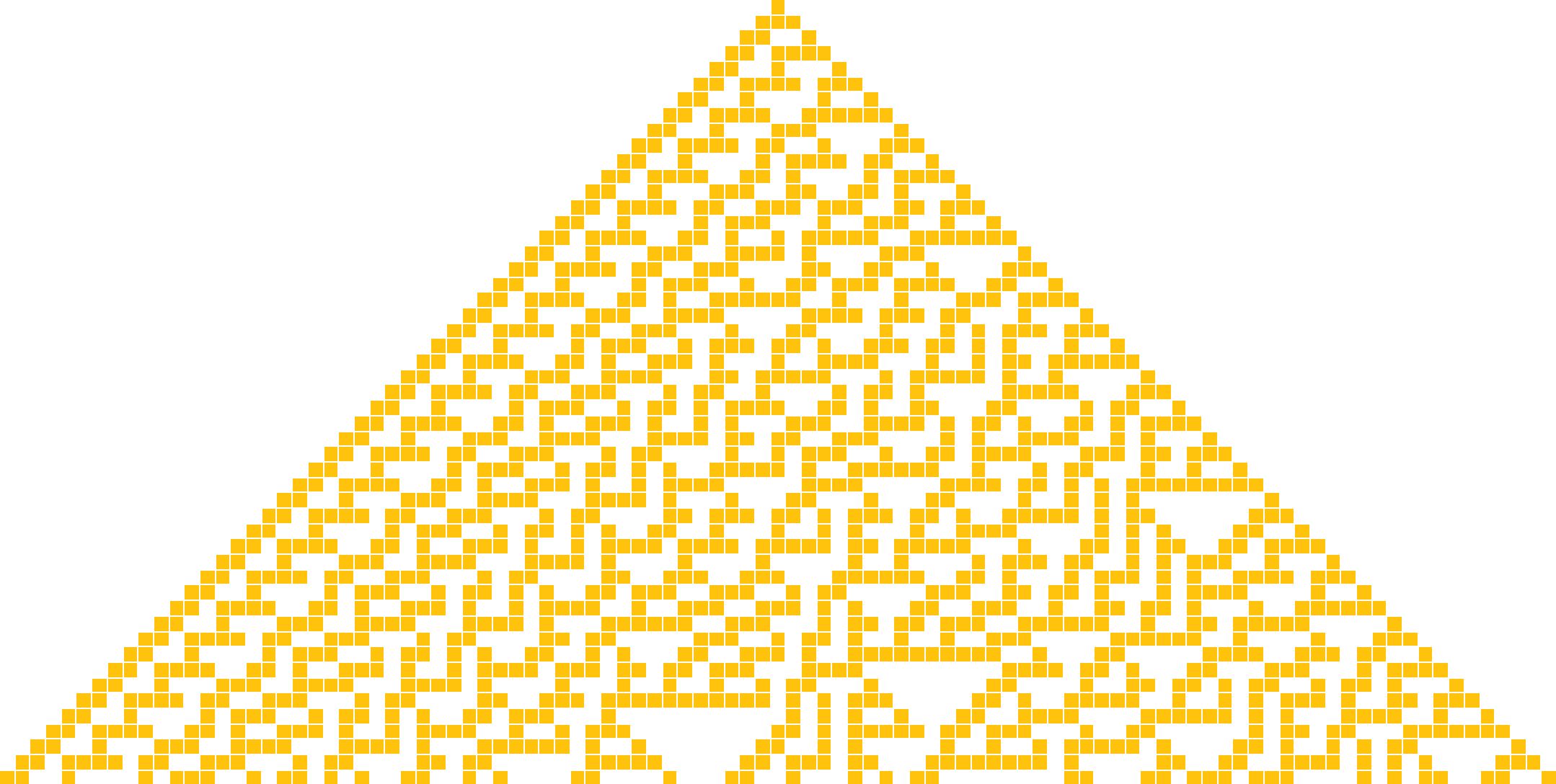Institute Output

Ruliology of the “Forgotten” Code 10
Stephen Wolfram
For several years I’d been studying the question of “where complexity comes from”, for example in nature. I’d realized there was something very computational about it (and that had even led me to the concept of computational irreducibility—a term I coined just a few days before June 1, 1984). But somehow I had imagined that “true complexity” must come from something already complex or at least random. Yet here in this picture, plain as anything, complexity was just being “created”, basically from nothing. And all it took was following a very simple rule, starting from a single black cell.

We’ve Got a Science Opportunity Overload: It’s Time to Launch the Wolfram Institute!
Stephen Wolfram
We’re in the midst of a major “science opportunity overload”. And to be good stewards of the ideas and their potential we’ve got to scale things up. I’ve had lots of experience over decades in making big projects happen. And now it’s time to take that experience and define a new structure to move forward the amazing science opportunity we find ourselves with. And I think that leaves us no choice: we’ve got to launch the Wolfram Institute, and now!

Charting a Course for “Complexity”: Metamodeling, Ruliology and More
Stephen Wolfram
For me the story began nearly 50 years ago—with what I saw as a great and fundamental mystery of science. We see all sorts of complexity in nature and elsewhere. But where does it come from? How is it made? There are so many examples. Snowflakes. Galaxies. Lifeforms. Turbulence. Do they all work differently? Or is there some common underlying cause? Some essential “phenomenon of complexity”?

Why Does the Universe Exist? Some Perspectives from Our Physics Project
Stephen Wolfram
Why does the universe exist? Why is there something rather than nothing? These are old and fundamental questions that one might think would be firmly outside the realm of science. But to my surprise I’ve recently realized that our Physics Project may shed light on them, and perhaps even show us the way to answers.

Multiway Turing Machines
Stephen Wolfram
Over the years I’ve studied the simplest ordinary Turing machines quite a bit, but I’ve barely looked at multiway Turing machines (also known as nondeterministic Turing machines or NDTMs). Recently, though, I realized that multiway Turing machines can be thought of as “maximally minimal” models both of concurrent computing and of the way we think about quantum mechanics in our Physics Project. So now this piece is my attempt to “do the obvious explorations” of multiway Turing machines.

